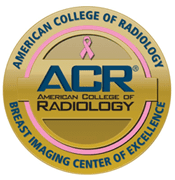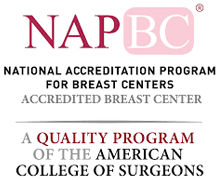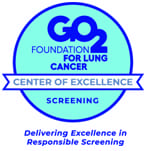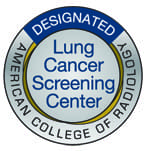Testicular Cancer
Testicular cancer is the most common cancer affecting males from ages 15 to 35. It usually presents itself as a painless lump in the testicle. Early detection and treatment can significantly increase the chances of a successful outcome.
 Customized Care for Testicular Cancer Treatment
Customized Care for Testicular Cancer Treatment
At Phoebe Cancer Center, our team of experts will tailor a treatment plan that aligns with the latest medical breakthroughs while also considering your unique needs. Our treatment program uses a multi-disciplinary team approach to deliver the highest level of care throughout our patients’ journey, from prevention to treatment and survivorship.






